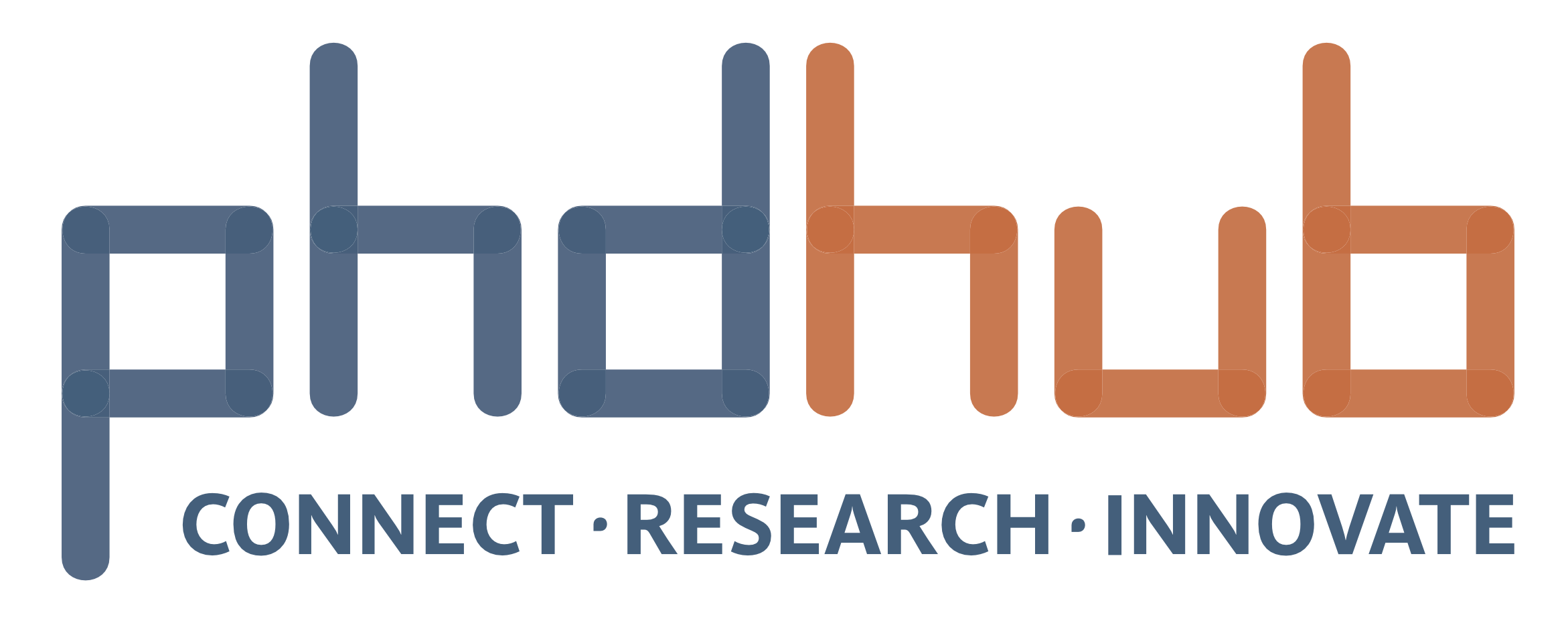The concept of “network society” (coined in Holland by Jan van Dijk in 1991) describes several different phenomena related to the social, political, economic and cultural changes caused by the propagation of the network, digital information and technology. the comunications. In the network society, relationships in media networks are created to gradually replace or complement the social networks of face-to-face communication. The concept of Web Science coined by Tim Berners-Lee offers a different point of view on the interdisciplinary scope of the same, in this case emphasizing the role of the Web as a means of social and personal interaction with its own geography and the culture in which technology catalyze but not determine personal and social interaction.
The program of Communication, Information and Technology in the Network Society (CITYNET) Doctorate aims to fill the gap in science and technology programs for a truly interdisciplinary investigation of the phenomena related to the socialization of relationships, objects, meanings and solutions to the different problems in a digital context. The program offers an international framework for the preparation of researchers to the challenges of new problems arising in interdisciplinary networking groups and to successfully combine research methods from different disciplines.
The program is jointly supported by three research groups, one in each of the main elements of its definition, providing opportunities for mutual enrichment and interdisciplinary research.
Images, Words and Ideas Research Group (GIPI).
Analysis and Recovery of Scientific Documentation (ARDOC).
Information Engineering Research Unit (IERU).
The program focuses on the intersection of technology with any type of human communication process or information, at a personal, group or social community level. This is reflected in the following types of research:
Empirical studies on the media, communication and digital environments. Including for example informetría and scientometrics, information behavior, information literacy, new models of information publication, information economy, and the construction of collective knowledge.
Interdisciplinary studies of the Web and digital environments, with an emphasis on the focus of Web Science. It includes technology to improve learning, interaction in video games and the media, the impact of social networks and analysis of social networks applied to digital environments.
Approaches that use ICT for professional exchanges, social or for information and understanding of issues. It includes representations of shared knowledge (studies on shared ontologies and terminologies with important user or empirical content), the exchange of open data (as in linked data approaches), interoperability for common sense conciliation, analysis of feelings, sensemaking in digital environments.
